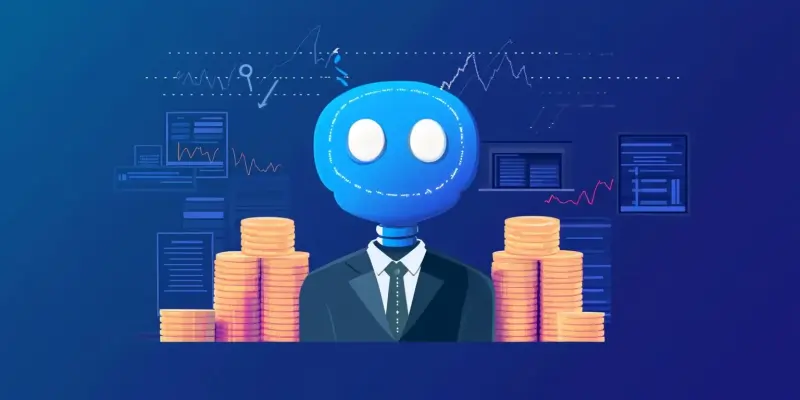In the rapidly evolving business landscape, relying on traditional Financial Planning and Analysis (FP&A) tools has become increasingly impractical for meeting modern demands. As companies strive to stay competitive, they are turning to Extended Financial Planning and Analysis (xFP&A) solutions that offer a more comprehensive suite of tools. These advanced solutions provide Chief Financial Officers (CFOs) and financial departments with a heightened level of visibility into company performance, allowing for improved management and control over operations, revenue, capital investments, and expenses. Among the trends expected to dominate xFP&A in 2025 are the integration of Artificial Intelligence (AI), the shift towards data-driven decision-making, enhanced inter-departmental collaboration, tools for adapting to economic uncertainties, and the emergence of industry-specific applications.
The Rise of AI in xFP&A
Artificial Intelligence is becoming an indispensable element in xFP&A solutions, thanks to its ability to automate complex tasks and provide predictive insights that facilitate better decision-making. Implementing AI in xFP&A allows companies to process vast amounts of data quickly and make accurate forecasts based on historical trends. These predictive capabilities are essential for identifying potential risks and opportunities, enabling businesses to make more informed strategic choices. Moreover, AI-powered tools can continuously analyze financial data, offering real-time insights that help companies adjust their strategies promptly and maintain financial stability. Incorporating AI into xFP&A not only boosts efficiency but also reduces the likelihood of human error, leading to more reliable financial planning and analysis.
Data-Driven Decision-Making and Collaboration
Another significant trend in xFP&A is the growing emphasis on data-driven decision-making. Advances in technology now allow for sophisticated data analytics within xFP&A frameworks, empowering organizations to respond swiftly to market changes with strategic precision. Leveraging these analytics helps companies discern patterns and insights that might not be apparent through traditional methods. This approach ensures that decisions are rooted in solid data rather than intuition alone. Modern xFP&A tools also foster collaboration across different departments, aligning financial objectives with overarching business goals. The ability to integrate financial planning with broader strategic planning encourages cohesive execution and enhances overall business performance. This holistic approach to decision-making is pivotal in navigating the complexities of today’s marketplace.
Adapting to Economic Uncertainties and Industry Solutions
Adapting to economic uncertainties is another area where xFP&A solutions offer significant benefits. Scenario planning and risk management tools are now essential for maintaining financial stability amid unpredictable economic conditions. Scenario planning helps companies simulate various potential outcomes and develop strategies to handle unexpected changes. Risk management tools help identify financial threats and suggest mitigating actions. Additionally, sector-specific xFP&A applications are addressing unique challenges with customized tools. Industries like senior living, construction, and nonprofits benefit from these tailored solutions, aligning financial planning and analysis with their operational realities. These tailored solutions enable businesses to drive intelligent decision-making, optimize financial performance, enhance agility, and maintain a competitive edge.
By embracing these trends, organizations can effectively leverage xFP&A tools to navigate the complexities of the modern business landscape. Solver stands out as a top provider, offering expertise in financial planning, budgeting, forecasting, and reporting. Their innovative xFP&A solutions empower companies to thrive, ensuring agility and competitiveness in the ever-changing marketplace. The evolution of xFP&A signifies a major shift toward more intelligent and adaptive financial planning processes, paving the way for superior business performance and growth.

